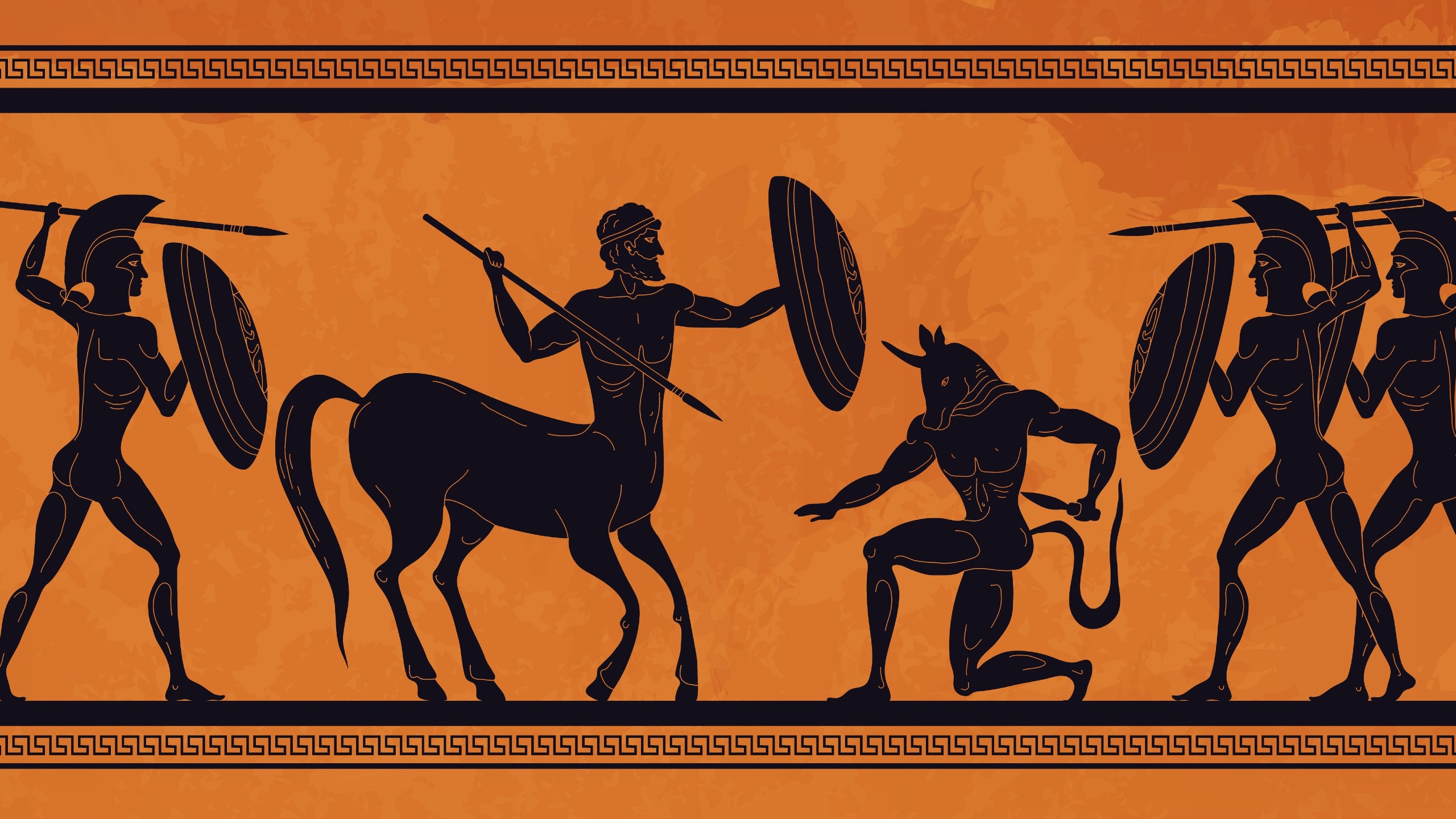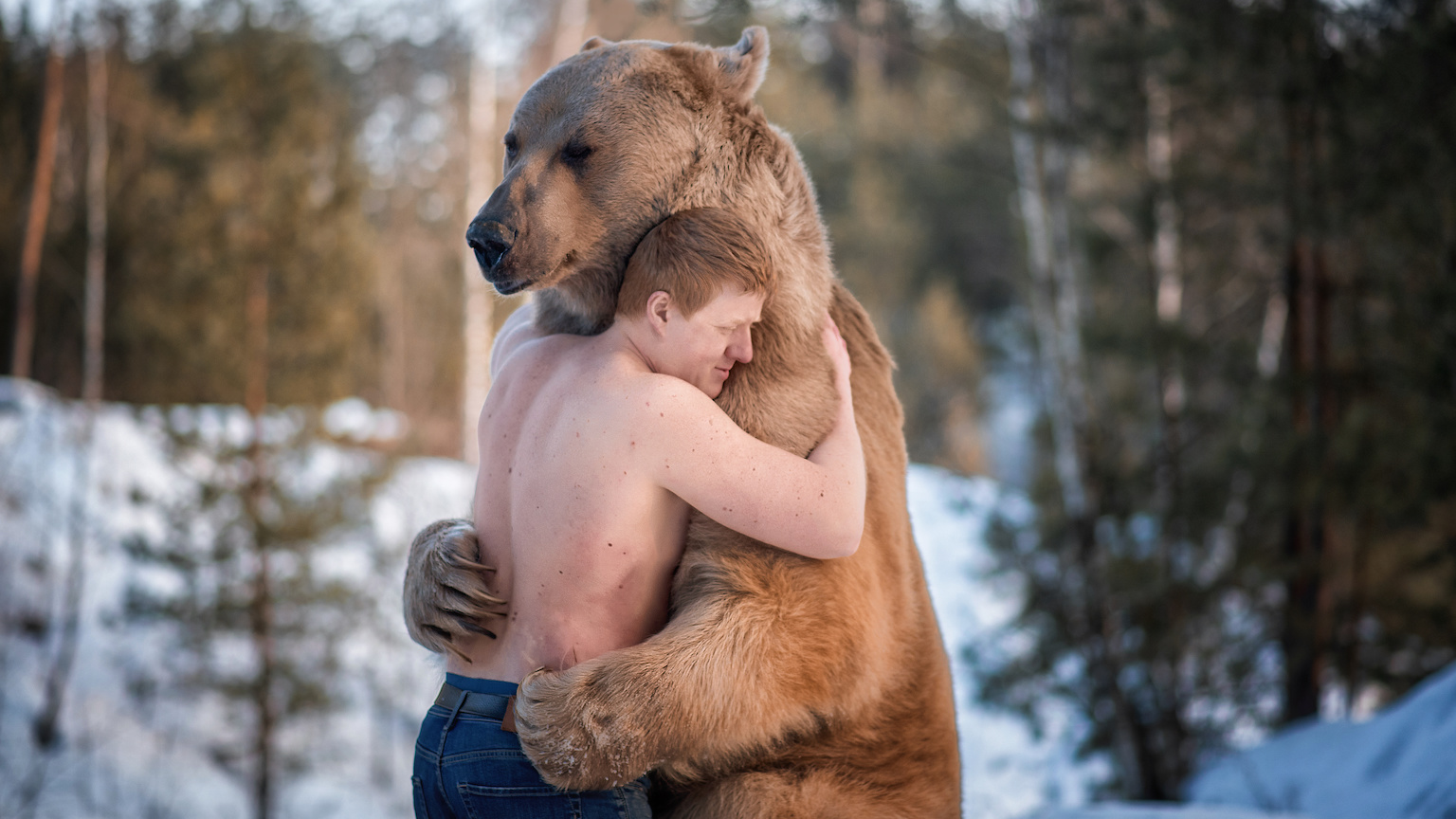How a subtle gesture can make anyone feel a sense of belonging

- Attitudes and personalities are not fixed. Even people’s most deep-seated prejudices and attitudes about large social issues can be transformed by exposure to certain situations.
- The experience of a former member of the Ku Klux Klan in North Carolina is illustrative. Drawn to the group by the need to find a sense of belonging, he soon began to expect he was being manipulated.
- By crafting a situation where he was integral to finding a solution to an issue in the broader community, city leaders were able to change his point of view.
Excerpted from Belonging: The Science of Creating Connection and Bridging Divides by Geoffrey L. Cohen. Copyright © 2022 by Geoffrey L. Cohen. Used with permission of the publisher, W. W. Norton & Company, Inc. All rights reserved.
A friend who grew up in a low-income area of California told me that many kids in his high school were loud and disruptive in class. But one teacher was renowned for his ability to get all his teen students to sit, listen, and learn, even the ones who acted out in other classes. My friend thought the teacher’s success was due in part to a ritual he engaged in with every one of his students. He always referred to them not by first name but with honorifics, for example, calling them Mr. Garcia or Ms. Castro. This, my friend believed, sent a message of respect.
The teacher’s ritual is an example of situation-crafting: shaping a situation, even in seemingly minor ways, in order to foster belonging. Just a small gesture or a thoughtful comment can often alter a situation, or people’s perceptions of it, in ways that relieve tensions and make them feel appreciated and included.
In the middle of the twentieth century, psychologists began to make stunning discoveries about how much people’s behavior—and their feelings and thoughts—can be changed when social situations are altered. These revelations flew in the face of a vast body of work in psychology up to that time. The overwhelming emphasis in the field had been placed on personality, with the notion that once our personality is formed, due to nature, nurture, or a combination of both, it is largely fixed for the rest of our life. From that point of view, an individual’s behavior emanates from internal dynamics.
The field shifted when psychologists discovered the powerful effect of situations on behavior: For instance, the same person might act shy in the classroom but outgoing at a sports event. Yes, personality matters, according to the field that became social psychology, but the situation matters more than we think. Rather than explain behavior in terms of individuals and their proclivities—good or evil, smart or stupid—we can see situations as drawing out behavior that is good, evil, smart, or stupid. As research on the power of situations blossomed in the mid-twentieth century, social psychologists learned that even people’s deep-seated prejudices and attitudes about large social issues could be transformed by situations—not only in the moment but sometimes to lasting effect.
Consider the story of a man who underwent one such transformation.
“All my life, I had work, never a day without work, worked all the overtime I could get and still could not survive financially. I began to say there’s somethin’ wrong with this country. I worked my butt off and just never seemed to break even.
I had some real great ideas about this great nation. (Laughs.) They say to abide by the law, go to church, do right and live for the Lord, and everything’ll work out. But it didn’t work out. It just kept gettin’ worse and worse.
I really began to get bitter. I didn’t know who to blame. I tried to find somebody. I began to blame it on black people. I had to hate somebody.
The natural person for me to hate would be black people, because my father before me was a member of the Klan. As far as he was concerned, it was the savior of the white people. It was the only organization in the world that would take care of the white people.”
Is this a disgruntled coal worker out of a job? A disaffected Trump supporter who believes the United States is under siege by illegal immigrants stealing citizens’ jobs? No. These are the words of Claiborne P. Ellis, who went by C. P., speaking to oral historian Studs Terkel, as recorded in Terkel’s book American Dreams: Lost and Found. Many Americans have been feeling they’ve been left behind and looked down on for decades. But what is fascinating about C. P. Ellis is not just that he spoke those words so long ago. It’s that he underwent a remarkable turnaround in 1971 due to a situation that showed him a new path forward.
Before that happened, C. P. had joined the Ku Klux Klan as his father had. He rose to become the Exalted Cyclops, or chief officer, of the KKK in Durham, North Carolina. Speaking with Terkel, he offered an emotionally raw account of his motives for joining. Coming from a poverty-stricken family, he left school in the eighth grade because his father had died and he had to support the family. He had never felt as if he mattered and he explained that his feeling of disempowerment drove him to the Klan. “I can understand why people join extreme right-wing or left-wing groups,” he reflected. “They’re in the same boat I was. Shut out. Deep down inside, we want to be part of this great society. Nobody listens, so we join these groups.”
Then he took a job at a service station. Every Monday night a group of men came to buy a Coca-Cola and talk to him. Soon they invited him to a Klan meeting. “Boy, that was an opportunity I really looked forward to! To be part of something,” he recalled. He was inducted.
During the Klan initiation ceremony, as he heard the applause of the hundreds of Klansmen gathered while he knelt before a cross, he felt he was somebody “big.” “For this one little ol’ person,” he told Terkel, “it was a thrilling moment.”
The Klan understood the powerful pull of offering people a sense of belonging. Belonging is the feeling that we’re part of a larger group that values, respects, and cares for us—and to which we feel we have something to contribute. The word “belong” literally means “to go with,” and our species has evolved to journey through life with each other. Our desire to be part of a group is “among the most powerful forces to be found,” wrote the eminent social psychologist Solomon Asch. If our lives are bereft of a feeling of connection, we can become vulnerable, as C. P. did, to appeals by groups that make the belonging they provide contingent on acceptance of views and behavior that don’t reflect our true values. Experimental research finds that after being excluded, people conform more to the judgments of peers who offer new sources of belonging, even when their judgments are patently wrong. Excluded people are also more prone to believing in conspiracy theories that ascribe complex social problems to malevolent actors working in secret. Fortunately for C. P. and his community, while he initially felt the Klan brought him status and fellowship, he began to perceive otherwise, and he left the Klan and repudiated his racism. It happened in a series of steps.
First, he started to realize that he was being manipulated, that his sense of belonging did not have an authentic base. He suspected that the Durham City Council members were using him and his fellow Klansmen. For instance, he would get a phone call and a voice would say, “The blacks are comin’ up tonight and makin’ outrageous demands.” He’d be asked to bring some members to the meeting to cause a ruckus and deflect the discussion. The politicians—and most of their constituents—didn’t want integration, but the city council couldn’t oppose it openly. Instead they used the Klan members as covert operatives to do their dirty work.
One day, C. P. walked down a street in town and saw a councilman, who, upon noticing him, darted across the street. That action planted a seed of distrust, and C. P. started to see other signs that the council was taking advantage of the community’s racism to advance its own agenda. C. P. told Terkel, “As long as they kept low-income whites and low-income blacks fightin’, they’re gonna maintain control.” But when he shared this insight with his fellow Klan members, they brushed it off, showing no respect for his concern. C. P. began to grow disillusioned with the Klan.
Then C. P. was given an extraordinary opportunity to find the sense of belonging he wanted by joining a very different type of group. He was invited to join the Durham Human Relations Council, a group of citizens, black and white, from all walks of life who were brought together to discuss social issues. The council was fashioned as a “charette,” the term used for a group that brings representatives of all stakeholders together for a specific project, such as community policing reform, to find a solution. We sorely need such groups today. The word comes from the historical practice in France of sending a cart—the charrette—to town to pick up the final projects of art students who were working furiously at home to finish them on time. A current-day charette provides a method of quickly resolving a problem that has long defied solution. In Durham, the problem was whether to integrate the local schools because the one that black students had attended had caught fire and was in disrepair.
To invite a chief officer of the KKK into such a group was a stroke of situation-crafting genius—and a big gamble. C. P. had been targeted by the charette organizer, Bill Riddick, because C. P. was known to be an outspoken opponent of school integration and because his voice in the community was influential. He was what the social psychologist Kurt Lewin, whom we’ll meet again later in this chapter, called a “gatekeeper,” a person with control over the flow of information and influence into a group.
Why did C. P. accept the invitation? He may have seen it as an opportunity to prevent integration. Perhaps he saw the invitation as an honor. Maybe he was on a renewed search for belonging, given what he was observing in the Klan and among the politicians. Or he may have simply figured “why not?” and opened the door when a serendipitous opportunity knocked.
It started badly. At the first meeting, C. P. sat in angry silence as he listened to black people complain about prejudice and segregation in schools and at work. He took the floor and made this highly offensive comment: “No, sir, the problem is black racism. If we didn’t have n***ers in the school, we wouldn’t have the problems we had today.”
Then something happened that stunned C. P. One of the group members, Howard Clements, who was black, stood up and said, “I’m certainly glad C. P. Ellis came because he’s the most honest man here tonight.” For his part, C. P. was disarmed. He felt heard. He told Terkel, “I felt a little more easy because I got some things off my chest.”





